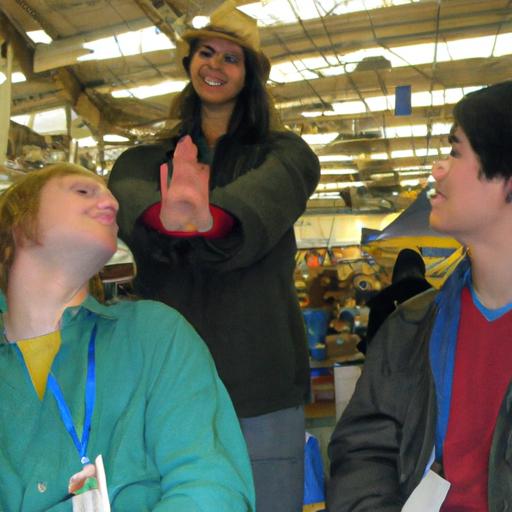In the cutthroat world of employment, millions of workers find themselves ensnared in a web of restrictions that threatens to stifle their professional growth and advancement. The ‘non-compete’ clause, a seemingly innocuous part of many employment contracts, has become a contentious issue for employees across various industries. Let’s delve into the murky waters of non-compete agreements and the impact they have on the lives of countless workers trying to navigate their careers in a rapidly evolving job market.
Challenges faced by workers bound by non-compete agreements
Non-compete agreements can be a significant hurdle for workers looking to advance their careers or seek new opportunities. These agreements restrict employees from working for a competitor or starting a similar business for a specified period of time after leaving their current job. This limitation can severely impact workers’ ability to make a living and pursue their professional goals.
Some of the include:
- Limitation of job opportunities: Workers may be restricted from working in their field of expertise, limiting their job options.
- Stifled innovation: Non-compete agreements can prevent workers from sharing their knowledge and experience with others, hindering the growth of industries.
- Financial strain: Being unable to pursue new job opportunities can lead to financial difficulties for workers and their families.

Impact of non-compete clauses on job mobility and wages
Non-compete clauses have become a common tool for employers to restrict their employees’ ability to switch jobs within the same industry. These agreements not only limit job mobility but also have a negative impact on workers’ wages and overall career advancement. Millions of workers find themselves trapped in jobs they may not want to stay in, but are unable to leave due to the restrictions imposed by non-compete clauses.
Research has shown that non-compete agreements can lead to lower wages for workers, as they have less bargaining power when negotiating salaries and benefits. Additionally, these clauses can stifle innovation and competition within industries, as employees are discouraged from seeking out new opportunities that could lead to advancements in their field. The widespread use of non-compete clauses highlights the need for reform in labor laws to protect workers’ rights and promote job mobility and fair wages.

Advocating for reform of non-compete practices
Non-compete agreements have become all too common in today’s workforce, trapping millions of workers in jobs they may not want to stay in. These agreements restrict employees from working for a competitor after leaving their current job, often for an extended period of time. This limits job mobility and can stifle career growth, leaving workers feeling trapped and powerless.
Advocates for reform argue that non-compete agreements disproportionately affect low-wage workers, who may not have the resources to fight back against unfair practices. In some cases, these agreements can even prevent individuals from finding work in their chosen field, further perpetuating income inequality. It’s time for organizations to take a stand against these harmful practices and work towards creating a more equitable and empowering work environment for all.

Ensuring fair competition in the job market
Millions of workers across the country find themselves trapped in a web of ‘non-compete’ agreements that restrict their ability to seek new job opportunities. These agreements, often included in employment contracts, prevent employees from working for competitors or starting their own businesses within a certain time frame after leaving their current job.
These restrictive agreements not only limit the career advancement of workers but also stifle competition in the job market. Companies that enforce ‘non-compete’ clauses can unfairly hold onto talented employees, preventing them from bringing their skills to other organizations. This lack of mobility can lead to stagnation and decreased innovation in industries where competition is crucial for growth and progress.
In Retrospect
As the debate around non-compete agreements continues, one thing is clear: millions of workers find themselves entangled in a web of restrictions that limit their career opportunities. It’s a complex issue that raises important questions about employee rights and the balance of power in the workplace. Whether you’re an employee navigating these restrictions or an employer considering their impact, it’s crucial to stay informed and advocate for fair and equitable practices. Only through open dialogue and thoughtful consideration can we work towards a more balanced and just work environment for all. Let’s continue to shine a light on the ‘non-compete’ trap and strive for a future where all workers have the freedom to pursue their professional ambitions without unnecessary constraints.



